The minimum Series 7 scores that you should strive for on your practice questions is important to know. After all, goals are important, and so are realistic assumptions. Especially about what it takes to pass the Series 7 Top-Off exam.
In today’s post we review what score you should aim for, but also what minimum scores we see from students that still achieve a passing grade on the real thing.
Minimum Series 7 Scores on Your Practice Exams
As we’ve mentioned in past posts, Kaplan seems to have the most effective practice exams when it comes to Series 7 study material. This fact is based entirely off of what we see from hundreds of students each year.
With that in mind, our students are often eager to know what scores they need on Kaplan’s practice exams to achieve a passing grade on the real exam. Unfortunately, as with most things in life, the answer is not strictly black and white. Plenty of shades of grey surround the minimum score needed depending on the individual. Let’s explain.
Mid-to-High 80s is Your Best Bet…But Failing is OK Too?
We consistently see the most success with students that score in the mid-to-high 80% range (and above). There is less likelihood that one of our students fails with these scores. That’s a fact. High practice scores, translate into positive test results.
Going a step further however, we’ve only seen a few occasions where someone scored in the mid-to-high 80s and failed. Almost all of these instances were when students had memorized their practice exam answers. This of course made their scores less representative.
On the other hand, we’ve seen some surprising results in the past month. Specifically, we’ve tutored students on the Series 7 exam that barely passed practice exams, and in one case, NEVER passed a single practice exam – and still passed the actual exam.
While these instances are quite rare, they coincidentally all happened within the last month. It’s worth pointing out that FINRA’s exams go through waves in terms of what material gets tested. Could it be that recent testing trends are easier than the past?
We don’t know for sure. It’s an interesting data point nonetheless, and we’ll keep you up to date if this trend continues.
All in all, your best bet is to swing for the fences and try for the highest scores that you can.
However, if you must take the exam before cracking a practice score of 80%, all hope is not lost, and you still have a fighting chance. Try a tutor, or our Series 7 video course for help. Good luck!

